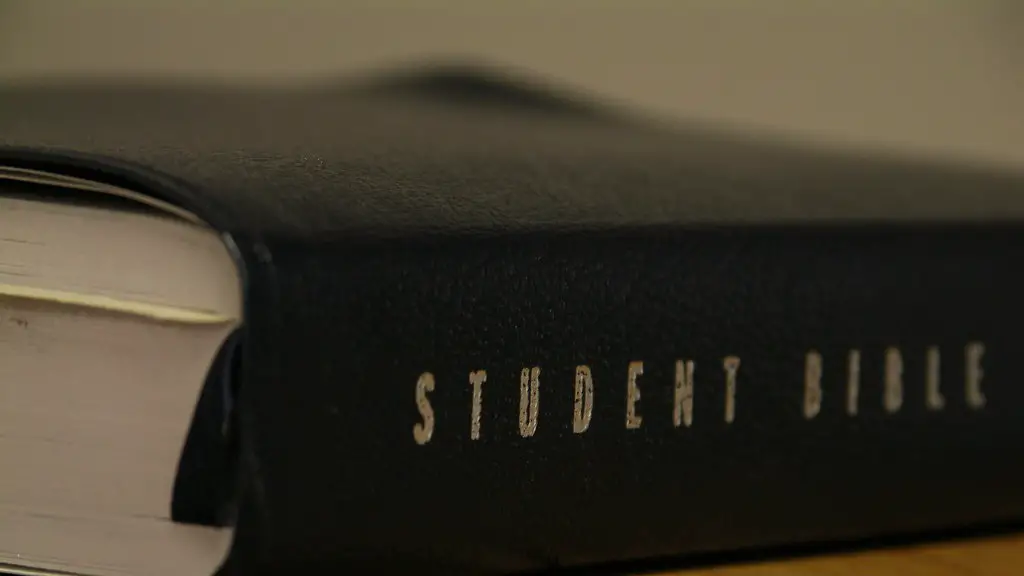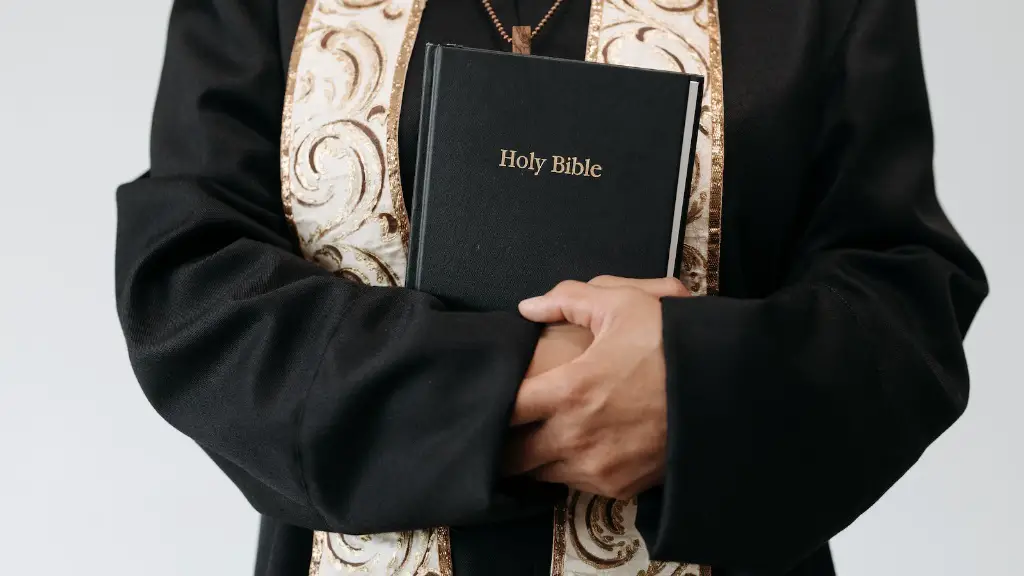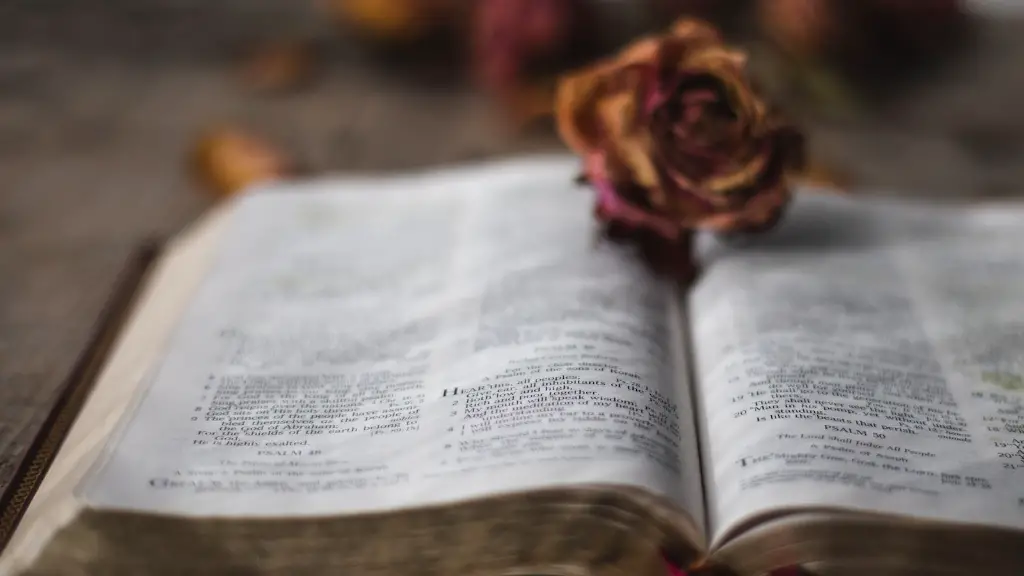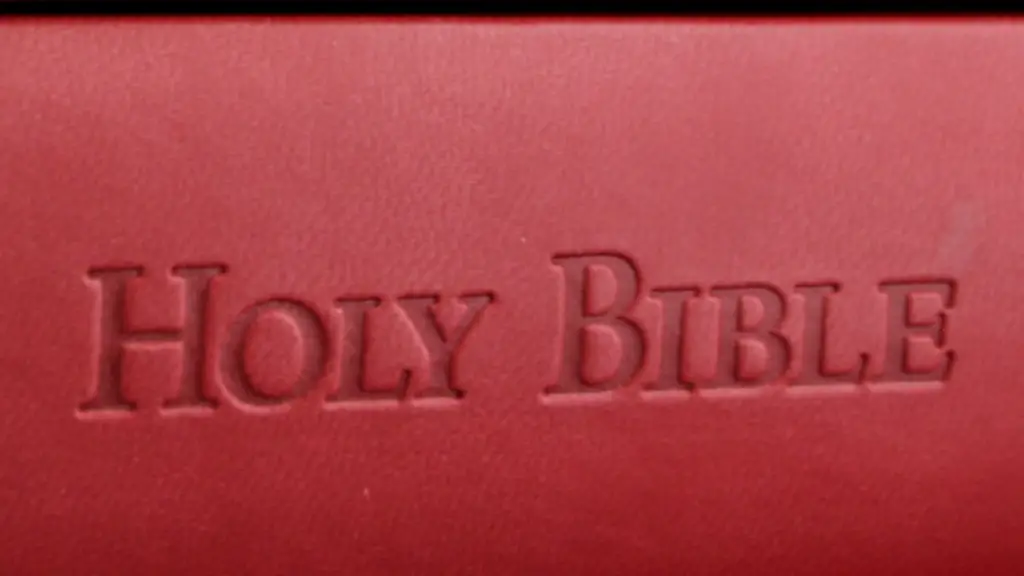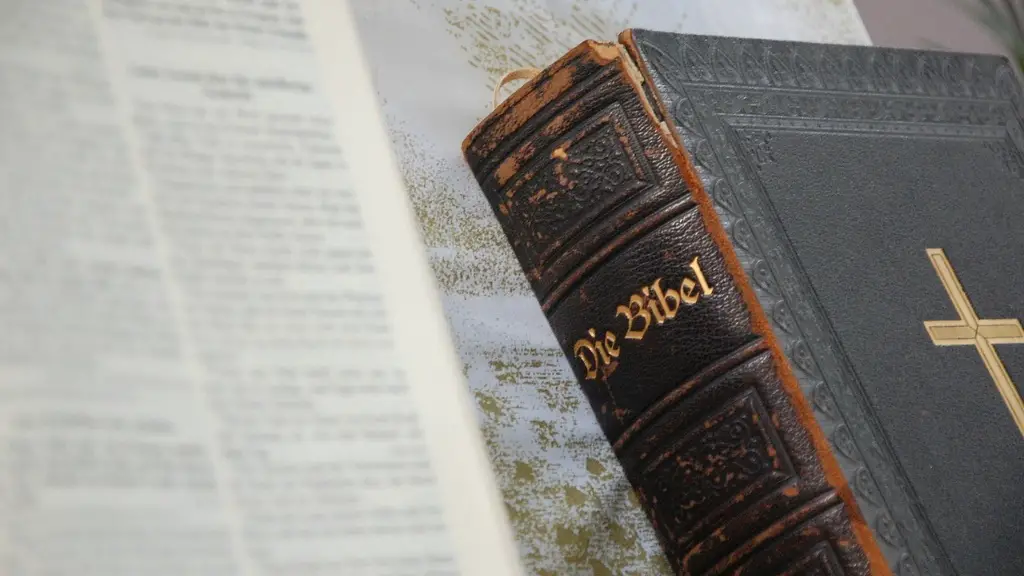Molech is an ancient Canaanite deity mentioned in the Old Testament of the Bible. It is believed to have been worshipped by the ancient Israelites and later the Phoenicians and other Semitic groups. The term Molech is derived from the root word “melek” which is thought to mean “king” or “lord”. Molech was described as a powerful and majestic presence, often depicted as a hollow golden figure with the face of a bull, or a calf.
Molech’s is often associated with human sacrifice as well as cultic prostitution and idolatry. According to the Bible, Molech was one of the gods that Israel was forbidden to worship, despite the fact that it had been worshiped by their ancestors before them. The Old Testament of the Bible describes Molech as a pagan god to whom human sacrifices were offered by its followers. It is believed that these offerings were made through an idol made of brass or stone which was heated until it was hot enough to consume the offered sacrifice.
The concept of Molech is mentioned several times in the Bible and its worship is described as an abomination in some cases. In one instance, Molech is linked to the god Baal, who was also believed to be associated with the practice of human sacrifice. In other cases, Molech is described as a god who demands the sacrifice of firstborn children. It is associated with the Ammonites, a Semitic people who practiced rituals involving the sacrificing of firstborn children, linking it further to the culture of ancient Canaan.
In terms of the meanings associated with Molech, it is often seen as a figure of power and fertility. It is directly connected to the concept of the divine sovereignty of kings and the masculine power of birth and procreation. It is also seen as an example of the hold that death can have upon a culture, in this case through the ritual of human sacrifice. On a more spiritual level, it is often seen as a symbol of the power of the Divine and a reminder of the importance of honoring the will of the Divine.
The discussion surrounding the meaning of Molech in the Bible can be complex and is often interpreted in multiple ways. The debate has implications in religious contexts as well as interpretations of ancient culture and its relationship to modern day practices. While some interpret Molech as a representation of defiance towards the Divine, others interpret it as a figure that embodies the power of transformation and evolution.
What Are The Consequences Of Worshiping Molech?
The worship of Molech is seen as an abomination in the Bible and is associated with various consequences, both in the spiritual and physical realms. In Leviticus 20:2-5 it is described as an “abomination” that requires the death penalty for anyone who participates in such rituals. On both a physical and spiritual level, the worship of Molech is seen as a denial of the will of God and is punishable.
In terms of physical consequences, the worship of Molech is seen as a violation of the covenant between the people of Israel and God. It is seen as a sign of apostasy or rebellion which could lead to civil unrest or violence. It is also seen as a sign of neglect towards the most vulnerable members of a society, namely, children and infants. The Bible states that anyone who turns to Molech should be “cut off from among his people” in order to prevent the spread of apostasy and idolatry.
In terms of spiritual consequences, the worship of Molech is associated with various forms of punishment and curses. This includes spiritual death, spreading of spiritual darkness and the corruption of the land. As a result, it is seen as an act of spiritual and physical destruction that can be costly to those who turn to it.
In modern times, the debate around Molech and its consequences continues. While some view its rituals as a form of sacrifice and worship, others view it as an act of defiance against the Divine.
What Does The Bible Say About Molech?
The Biblical narrative mentions Molech several times and its meaning is seen as a divine warning against idolatry and worshiping false gods. In Leviticus 18:21 it states that: “You shall not give any of your children to offer them to Molech, and so profane the name of your God: I am the Lord.” In Leviticus 20:2 it goes on to say: “Any one of the people of Israel or of the strangers who sojourn in Israel who gives any of his children to Molech shall surely be put to death; the people of the land shall stone him with stones.”
These passages emphasize the consequences of worshiping Molech and view it as a sign of rebellion against God. Furthermore, it is described as an abomination and an act that requires a death penalty of its participants. These passages emphasize the graveness of this practice and its negative spiritual implications.
In other passages, it is mentioned that Molech was worshiped by the Ammonites and the Moabites and is often linked to the god Baal. In Deuteronomy 12:29-32 it states that: “When the Lord your God cuts off before you the nations whom you go in to dispossess, and you dispossess them and dwell in their land, take care that you be not ensnared to follow them, after they have been destroyed before you, and that you do not inquire about their gods, saying, “How did these nations serve their gods?-that I also may do the same. You shall not worship the Lord your God in that way; for every abominable thing that the Lord hates they have done for their gods, for they even burn their sons and their daughters in the fire to their gods.”
These passages emphasize the negative spiritual repercussions of worshiping Molech and link it directly to the worship of false gods. In summary, throughout the Bible, Molech is portrayed as a pagan god with whom the Israelites are instructed not to associate themselves with and whose worship is punishable with death.
How Is Molech Viewed In Modern Times?
The concept of Molech and its negative implications are still widely discussed in modern times. Many view it as an example of human sacrifice and a sign of abominable behavior and rebellion towards the Divine. It is also seen as an issue of spiritual and physical destruction and neglect towards the vulnerable members of society, namely, children and infants.
From a sociological perspective, Molech is seen as an example of how worship can corrupt and diminish societal values. This can be interpreted as a sign of how a culture is not unified behind its core values and beliefs, allowing the manipulation of those values and beliefs by external sources. In this case, it is viewed as a sign of cultural destruction and the destruction of the spiritual life of a society.
In other contexts, Molech is studied from a psychological perspective in terms of its implications for mental health and well-being. Some studies have suggested that individuals who are exposed to the worship of Molech or similar practices may have underlying mental health issues or have difficulty establishing healthy relationships. The results of these studies are debatable but emphasize the potential for negative psychological repercussions that come with idolatry and worship of false gods.
What Are The Symbolism and Meaning Of Molech?
The symbolism and meaning of Molech is complex and often interpreted in a variety of ways. On one level, it is seen as a sign of defiance against the will of the Divine and a reminder of how powerful the influence of death can be in a culture. On another level, some interpret it as a representation of the power of transformation and evolution.
From a spiritual perspective, some see the meaning of Molech as a sign of resilience and a reminder of the power of the Divine to overcome any obstacle that stands in the way of spiritual growth and development. This view emphasizes the importance of subordination to the higher powers and of honoring and recognizing the will of the Divine.
From a cultural and sociological perspective, Molech is seen as an example of how worship can diminish the values of a culture. This view emphasizes the power of external influences over the beliefs and practices of a society and serves as a cautionary tale for the potential consequences of neglecting the core values of a culture.
What Are The Influences Of Molech On Modern Culture?
The influence of Molech on modern culture is debatable and often subjectively interpreted. In terms of religion, some view it as an example of the power of superstition and idolatry and its potential to spread spiritual darkness and destruction. On the other hand, some view it as a reminder of the importance of obedience to the Divine and of the power of transformation and spiritual growth.
From a sociological perspective, the influence of Molech can be seen in how it uses the concept of power and mastery to control, manipulate and oppress vulnerable members of a society. It is often seen as a symbol of authoritarianism and the dangers of neglecting the vulnerable members of a culture.
In terms of rituals and performances, the symbol of Molech can be seen in modern culture in the form of religious ritual and cultic practices including human sacrifice and other forms of ritual. It is seen as a reminder of the power of religion and its potential to cause division and destruction if not used for the greater good of society.
Conclusion
In conclusion, Molech is an ancient deity mentioned in the Old Testament of the Bible and is linked to human sacrifice and idolatry. It is associated with the concept of divine sovereignty and masculine power and is seen as a warning against apostasy and idolatry. The consequences of worshiping Molech are both physical and spiritual and its influences on modern culture and religion can be both positive and negative. The symbolism and meaning of Molech is complex and often interpreted in a variety of ways.
